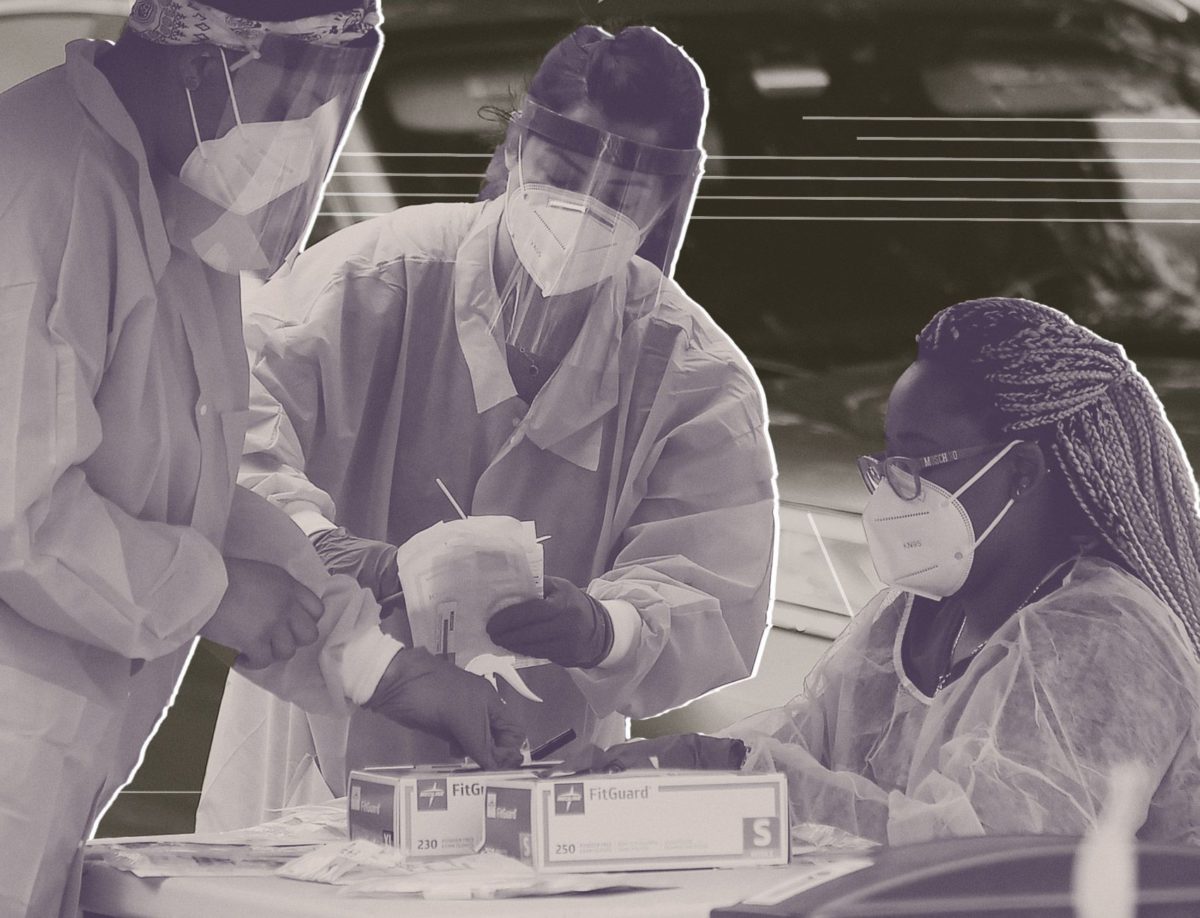
Confront and Remedy the Black Community’s COVID-19 Vaccine Skepticism
Decades of exploitation, abuse, and racism in medicine have cost many Black Americans their lives during the pandemic. Now the government can act to prevent further harm.

Decades of exploitation, abuse, and racism in medicine have cost many Black Americans their lives during the pandemic. Now the government can act to prevent further harm.
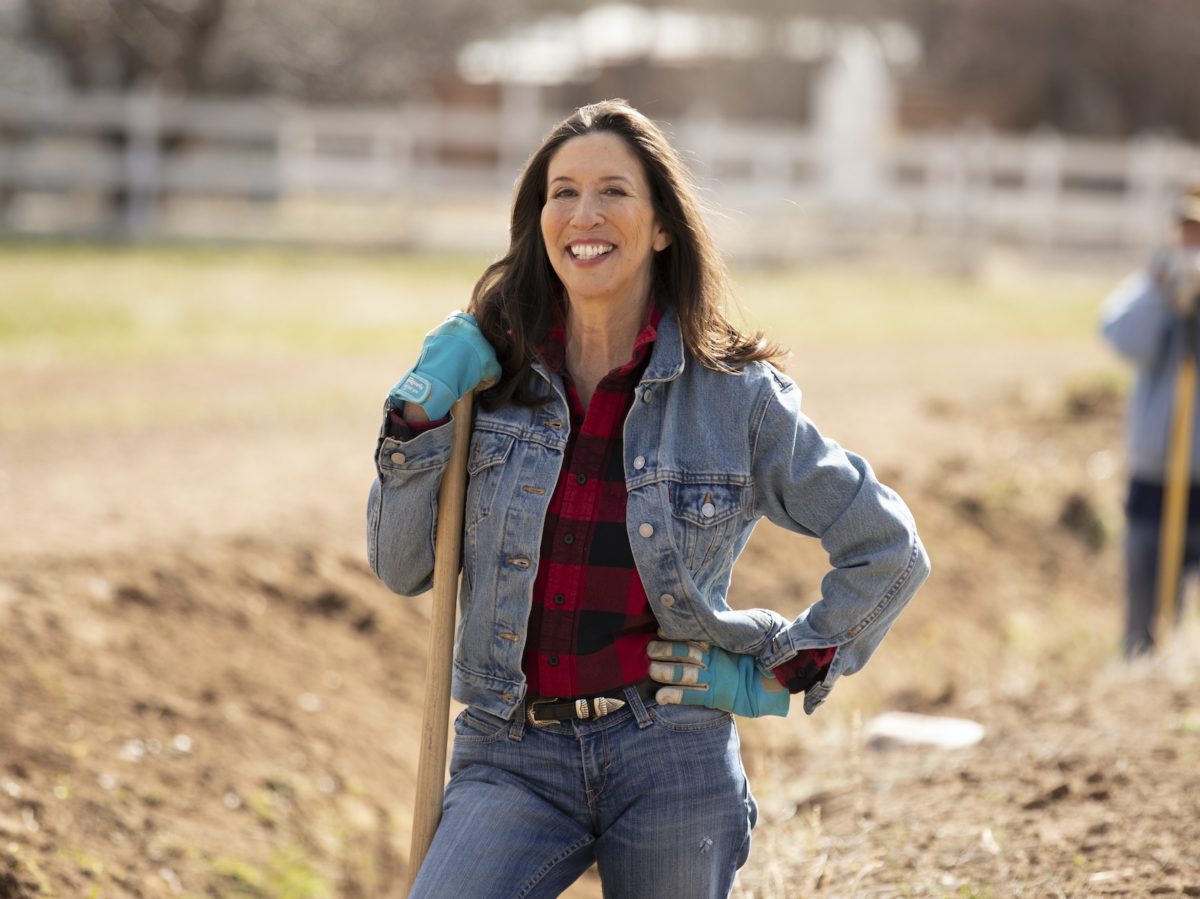
Leger Fernandez wants to pass universal healthcare and improve infrastructure in tribal and rural communities.
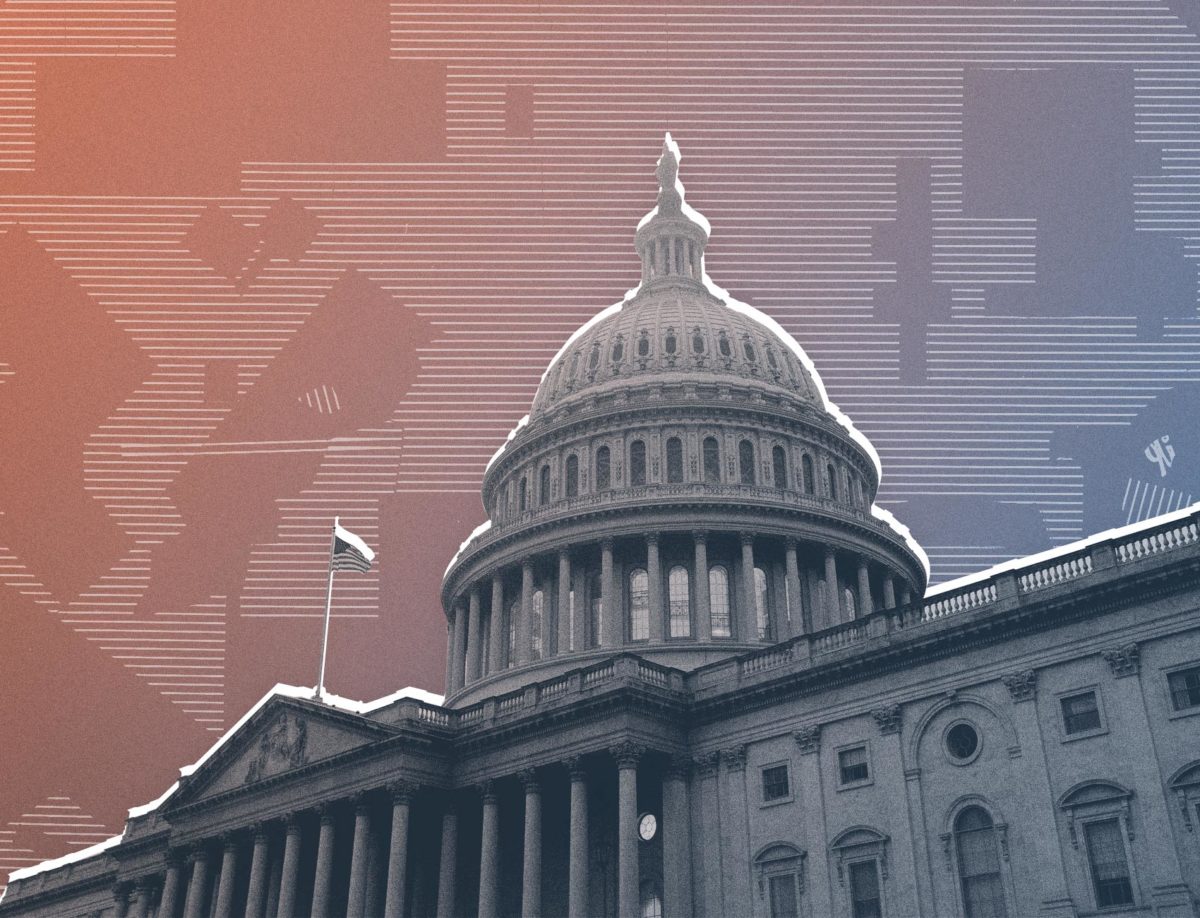
If Democrats win control of the Senate, allowing this archaic tradition to survive will make everything of significance the party hopes to accomplish virtually impossible.
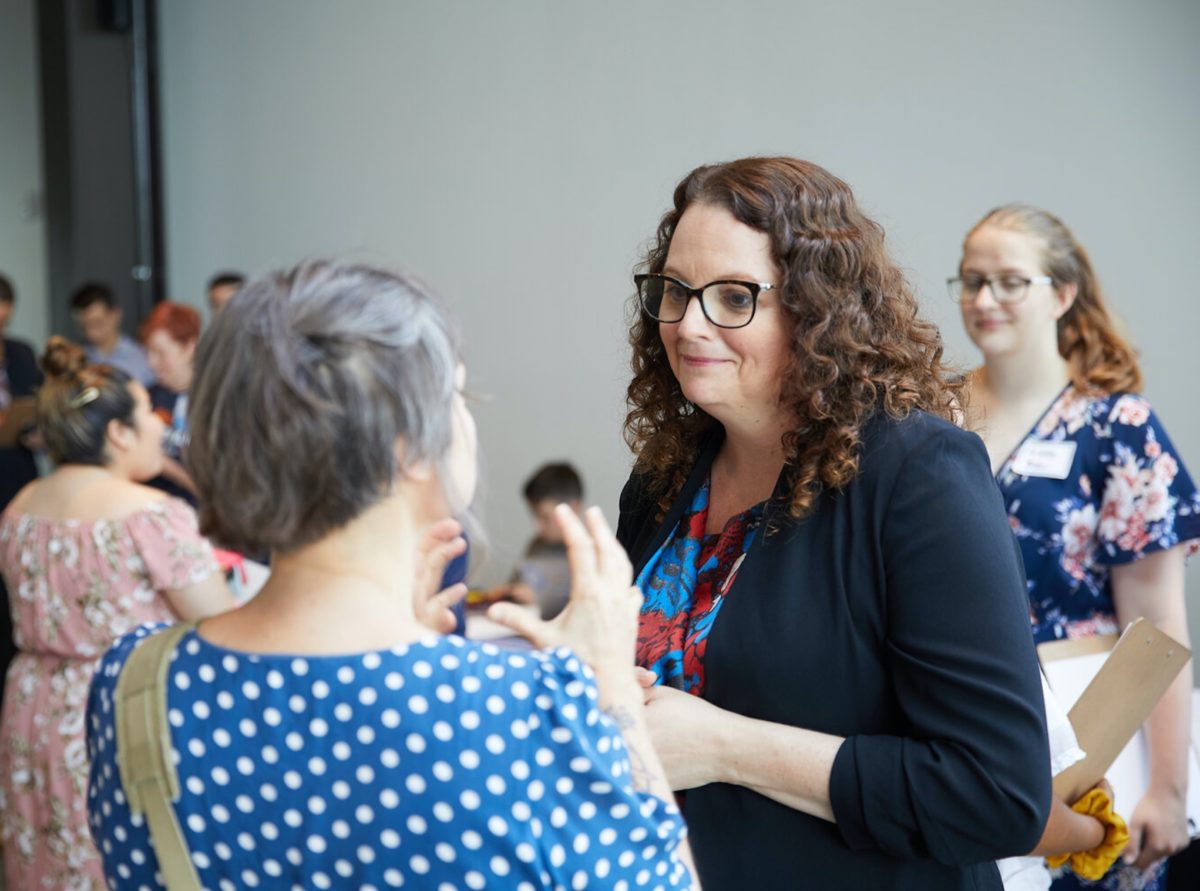
The Second District candidate, who has been endorsed by more than 50 Black leaders in Omaha, also wants to make investments in Black and Latinx neighborhoods.
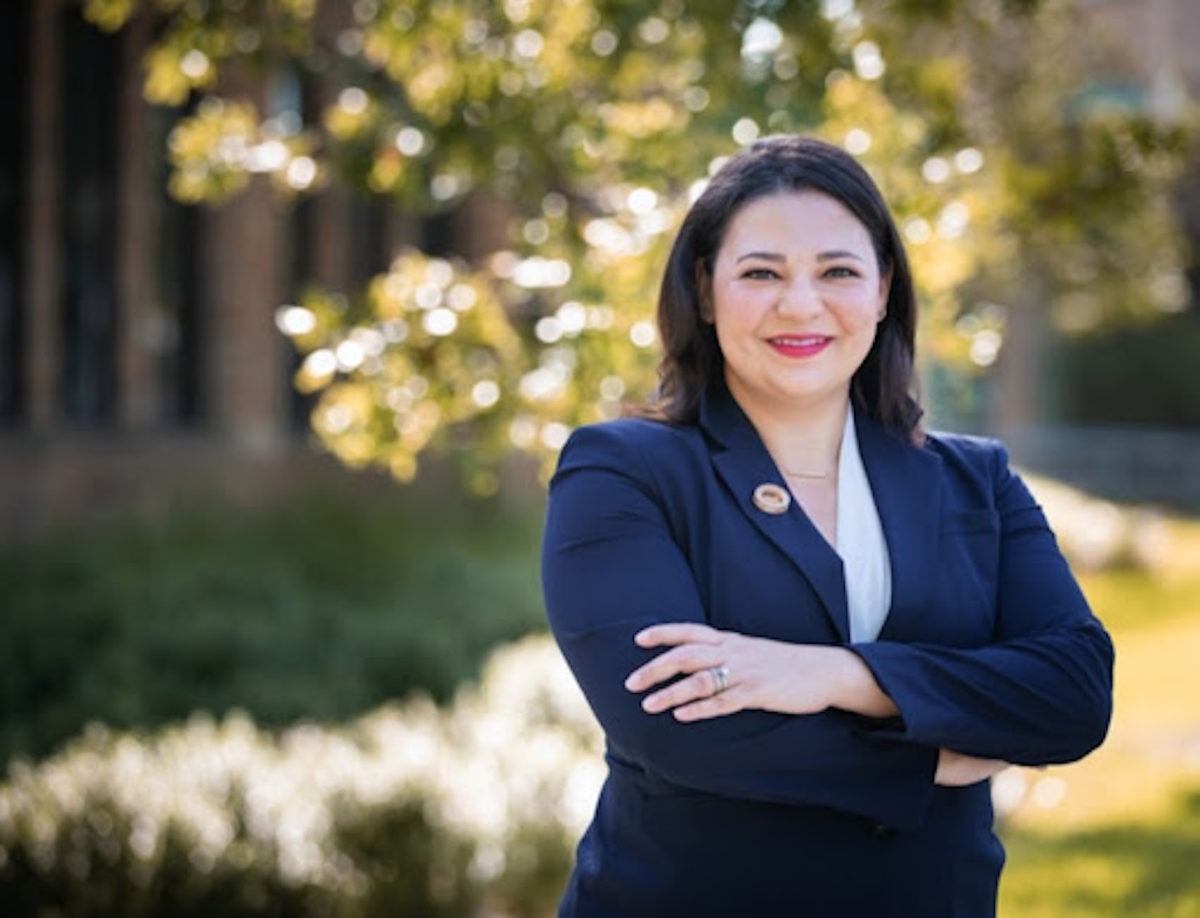
She is running for a historically Republican-controlled seat, and if she wins, it could help turn the state House blue.
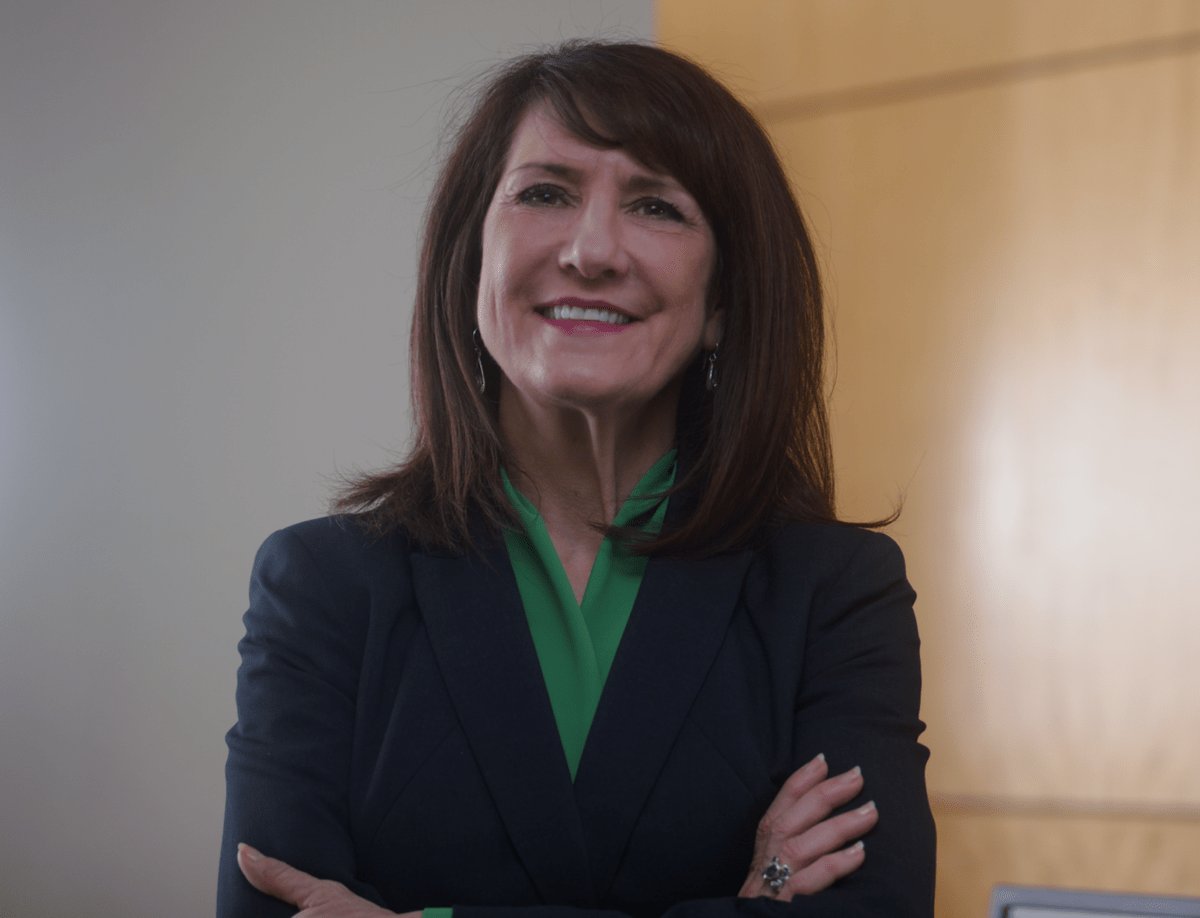
Newman, who is running for a U.S. House seat, wants Medicare for all, green jobs, and a pathway to citizenship for undocumented immigrants.
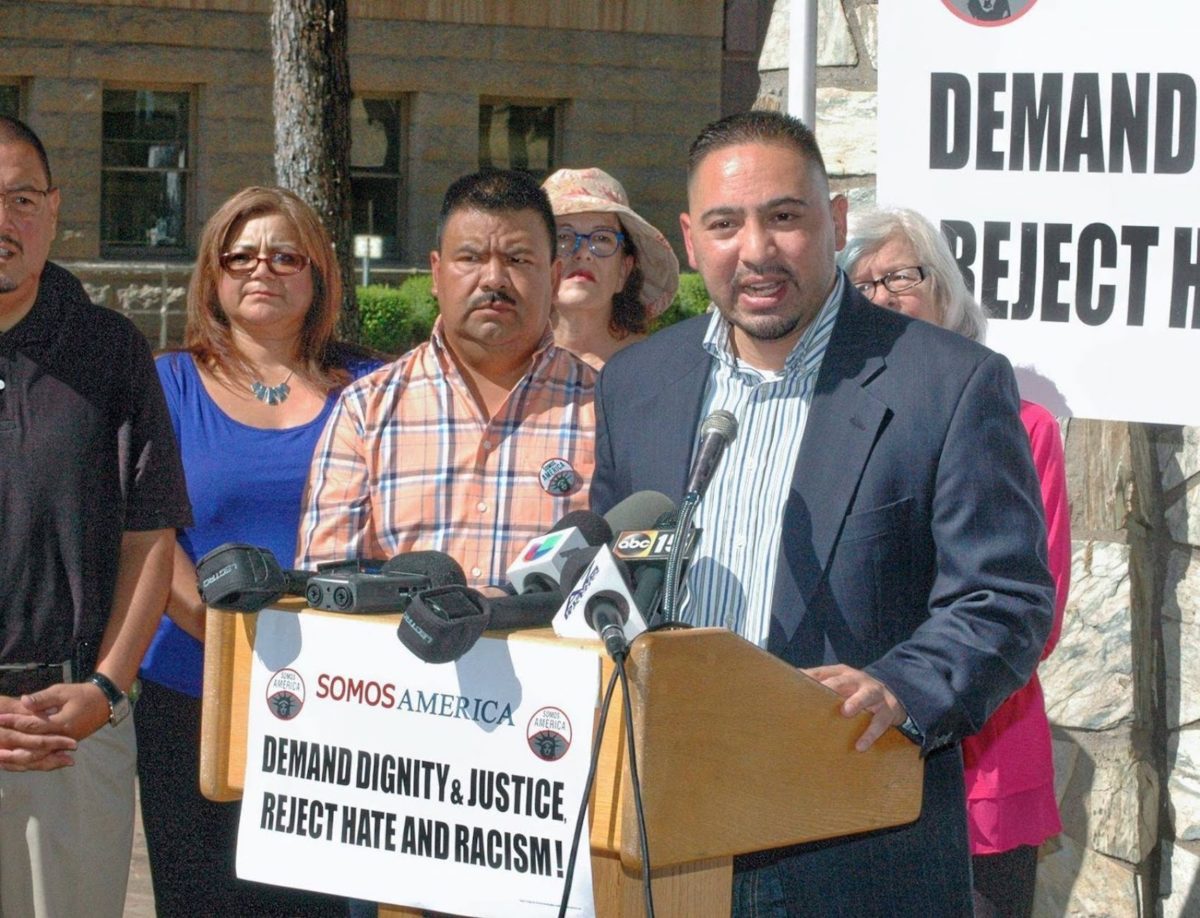
Quezada has supported progressive policies since starting out in the state legislature in 2012. He’s now running for his final term, which could be his most important, given the state’s changing power dynamics.
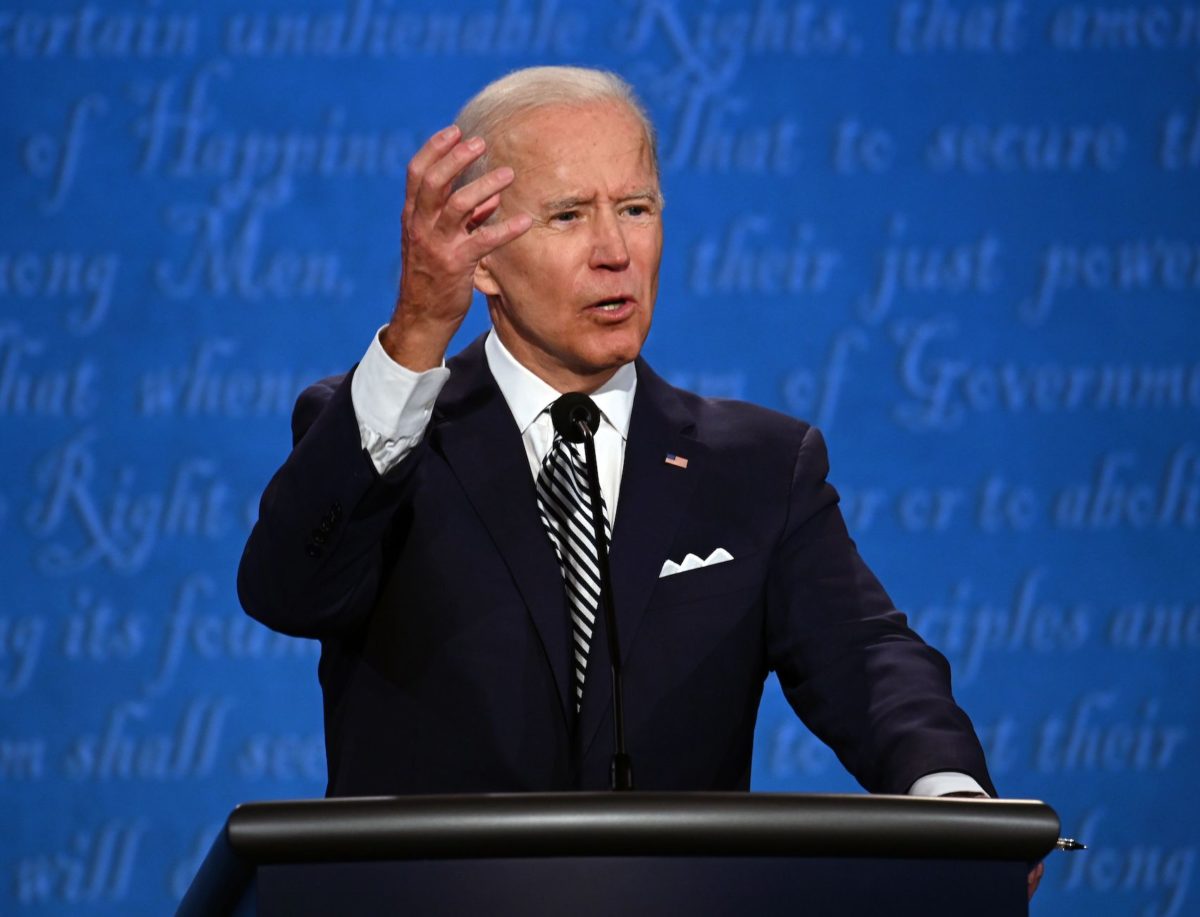
If he becomes president and Democrats win the Senate, Biden should push a federal spending bill that includes money for civilian first-responder programs.
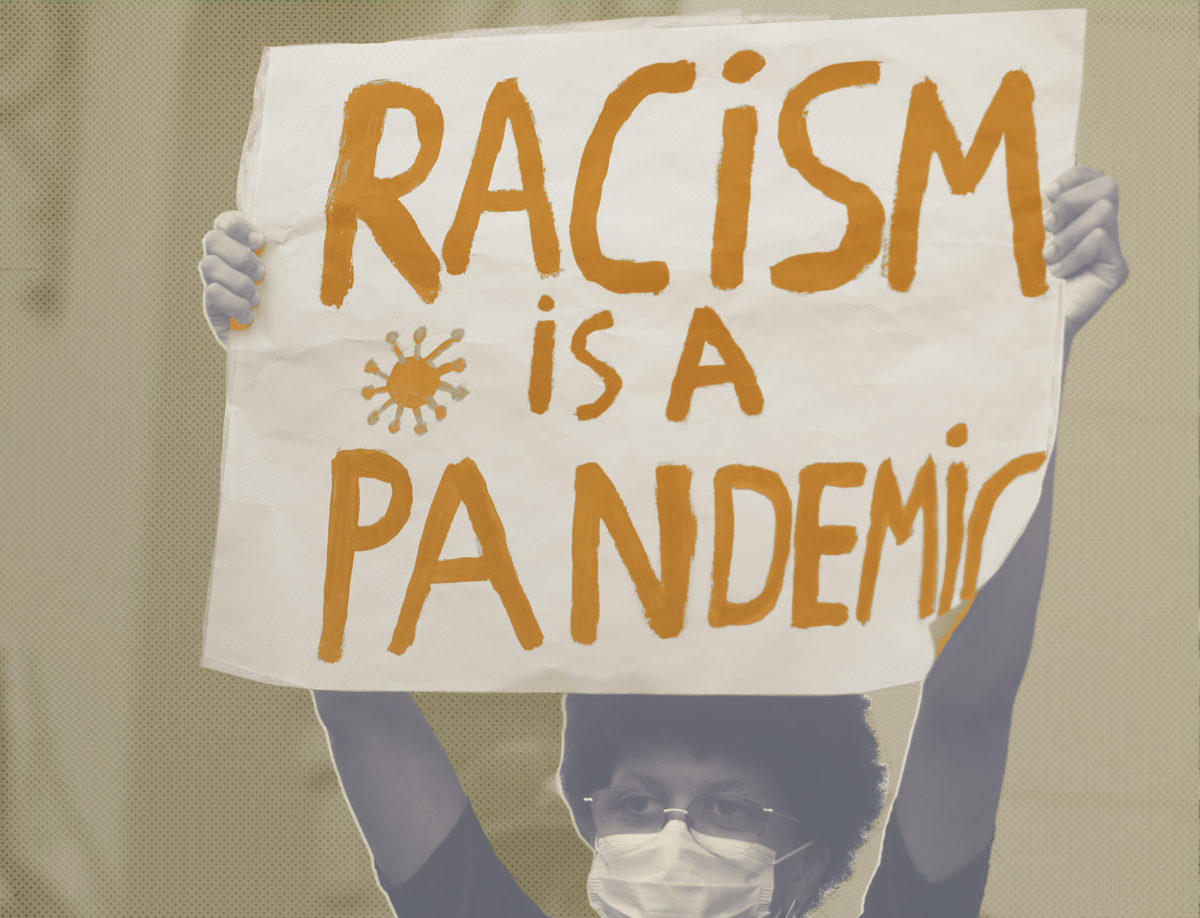
Predominantly Black neighborhoods have less access to primary care physicians and healthcare services, at a time when COVID-19 is killing Black Americans at a rate 2.3 times higher than white Americans. Now grassroots organizations are trying to compensate for failures of public health.

You can’t incarcerate a public health problem. It doesn’t make us safer. It doesn’t repair harm.
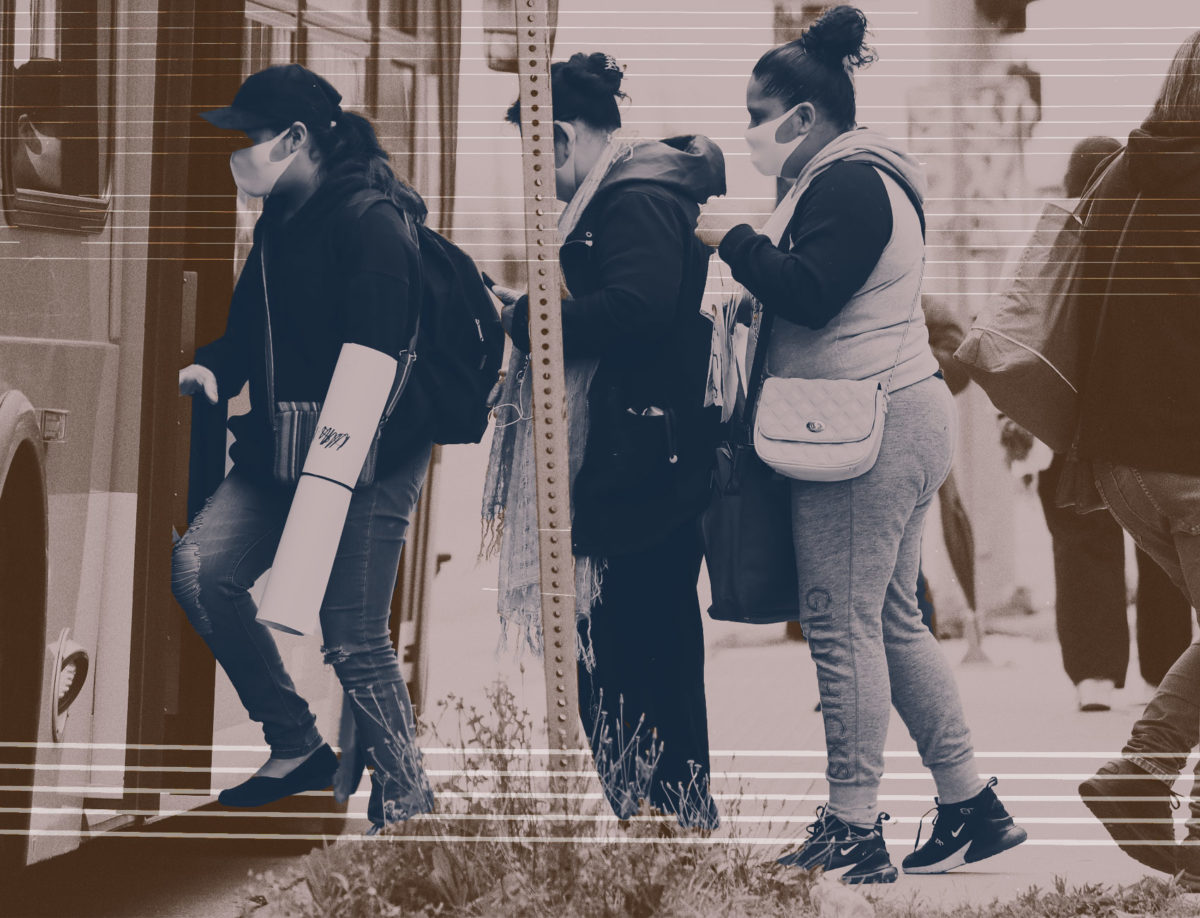
The nation has an opportunity to take advantage of this transformative event and pursue an alternative to the current system.
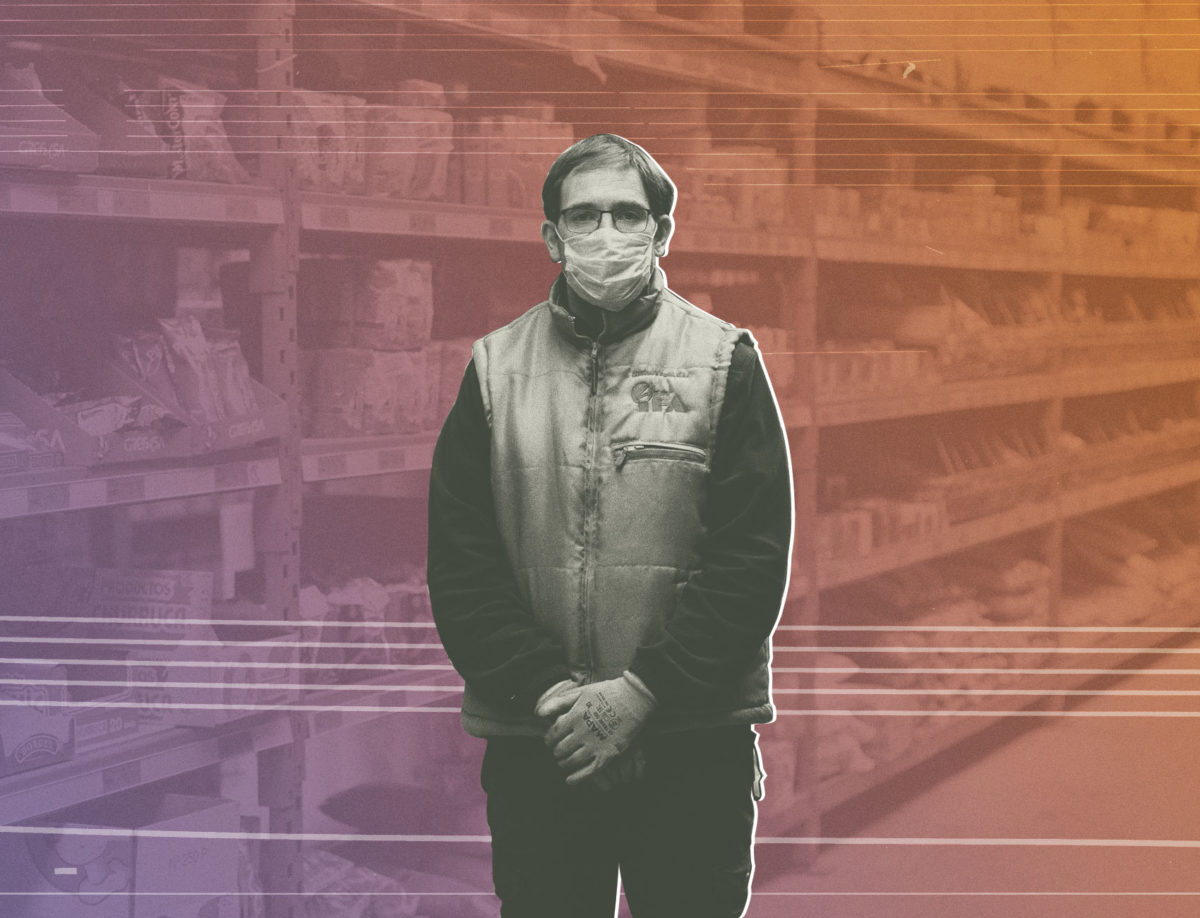
From grocery store workers to nurses, from home care workers to janitors, from teachers to delivery workers to domestic workers — there is an invisible, undervalued army of people who make our lives possible. Their work is essential, and it always has been.
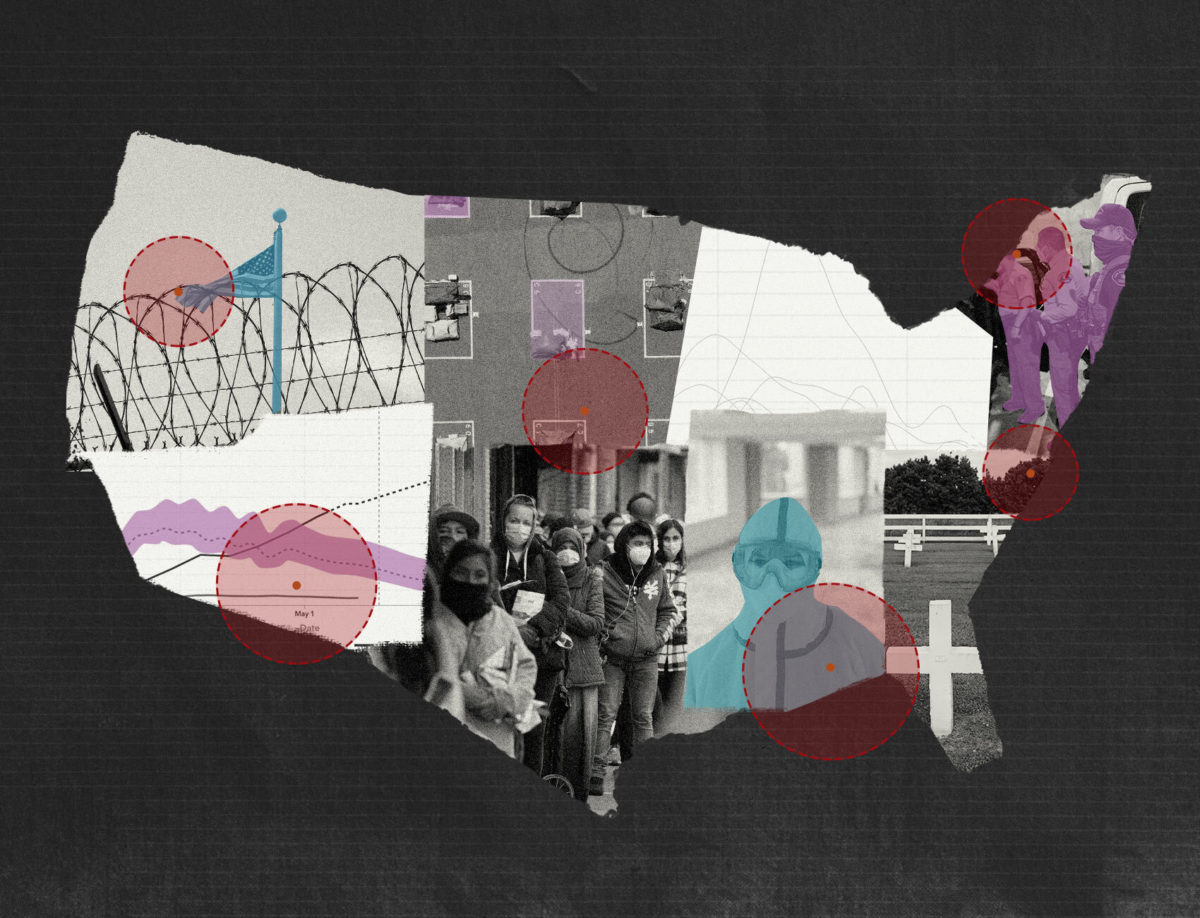
Despite early warnings, jails and prisons have seen a rapid spread of the virus—a humanitarian disaster that puts all of our communities, and lives, at risk. Every day, The Appeal examines the scale of the crisis, numbers of infected and dead, around the nation.
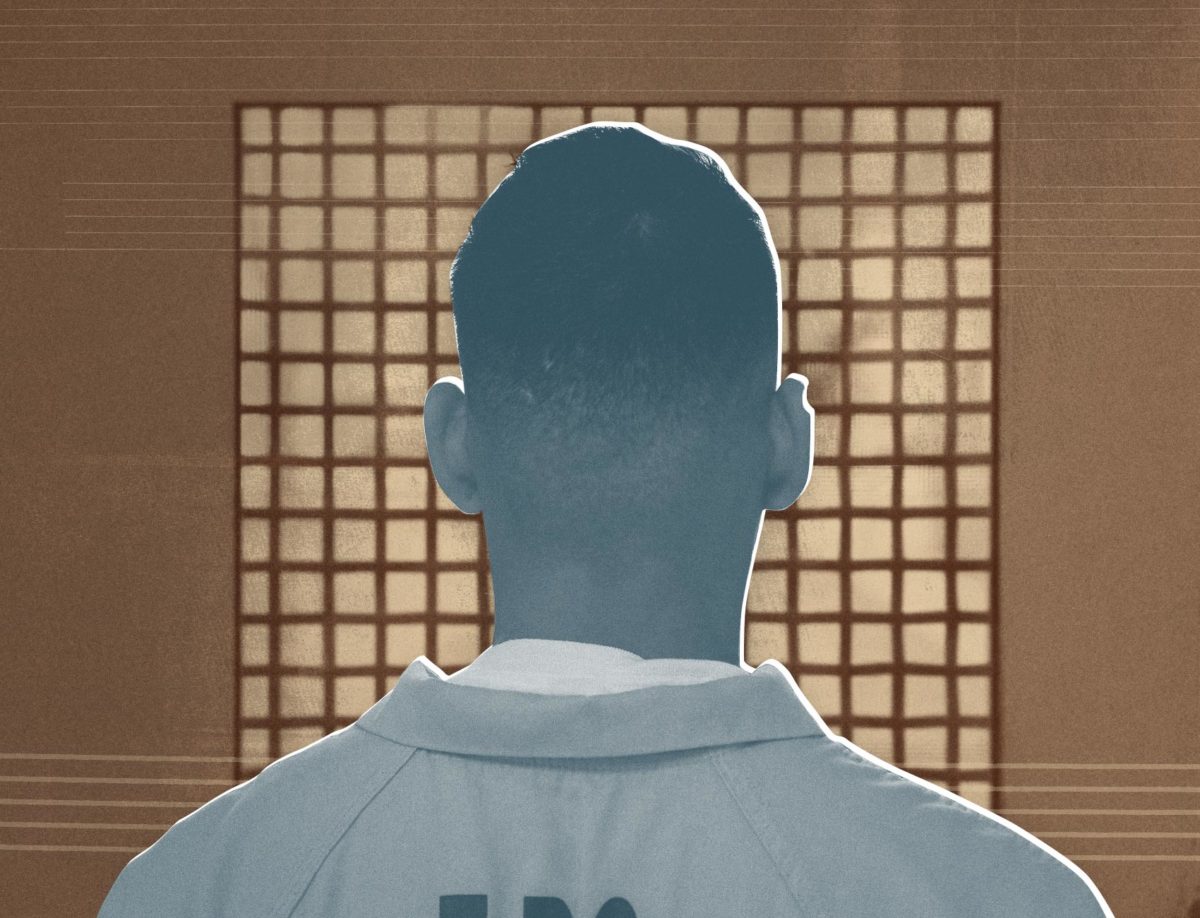
Hepatitis C has ripped through prisons and jails, despite more effective treatments for the disease. It is a comorbidity to COVID-19, and the pandemic threatens to cut already weak state funding for prisons to treat those with the disease.
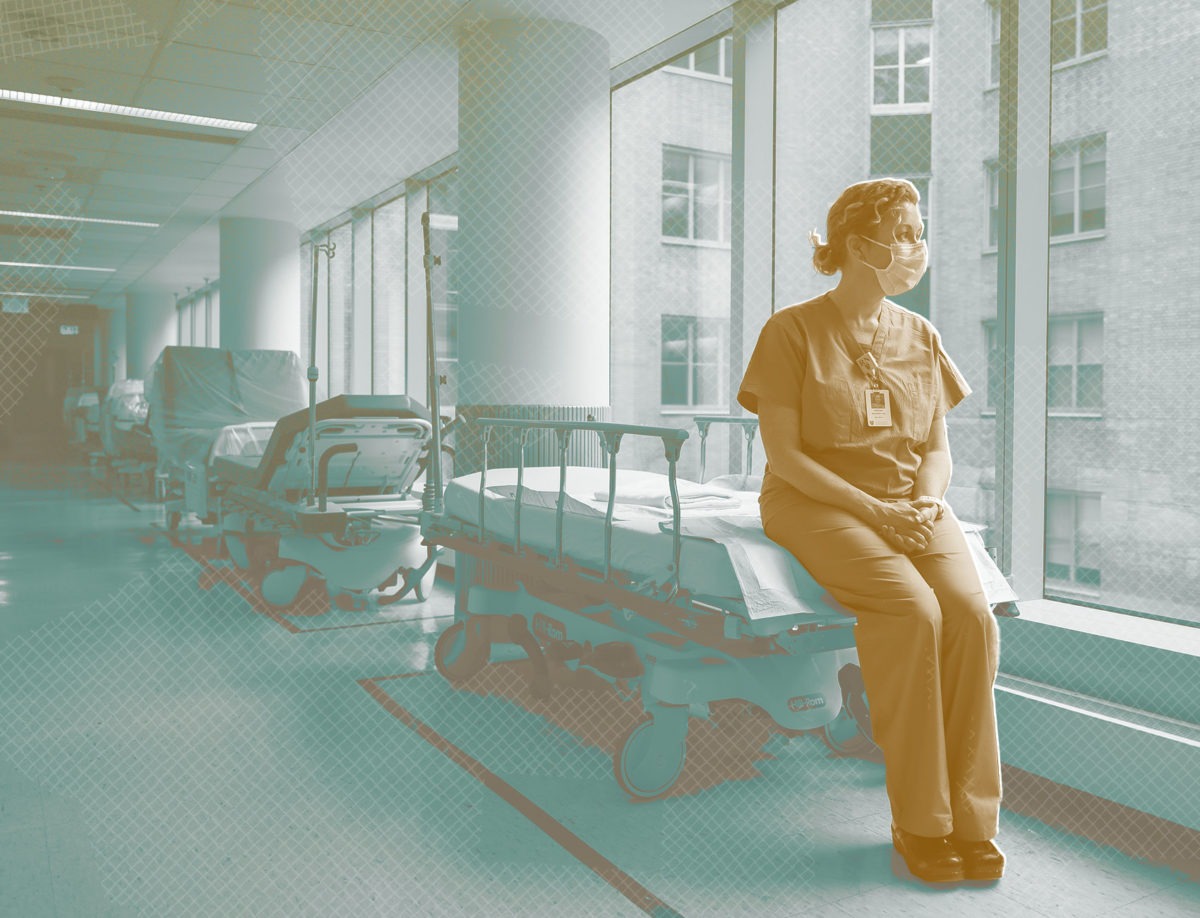
An overwhelming majority of Americans support the federal government paying all healthcare costs for the duration of the coronavirus emergency.
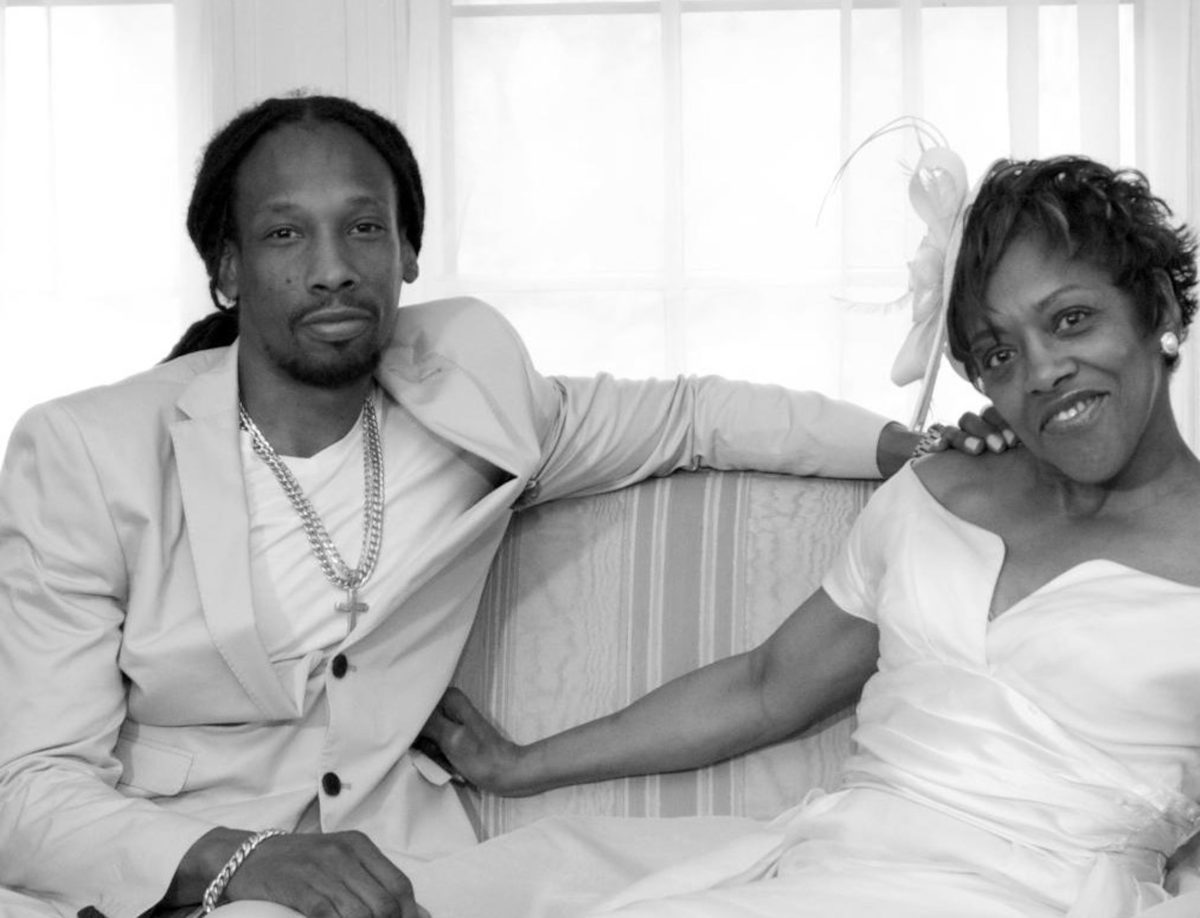
His attorney says the Suffolk County DA’s office tried to send “an innocent man to his death.”
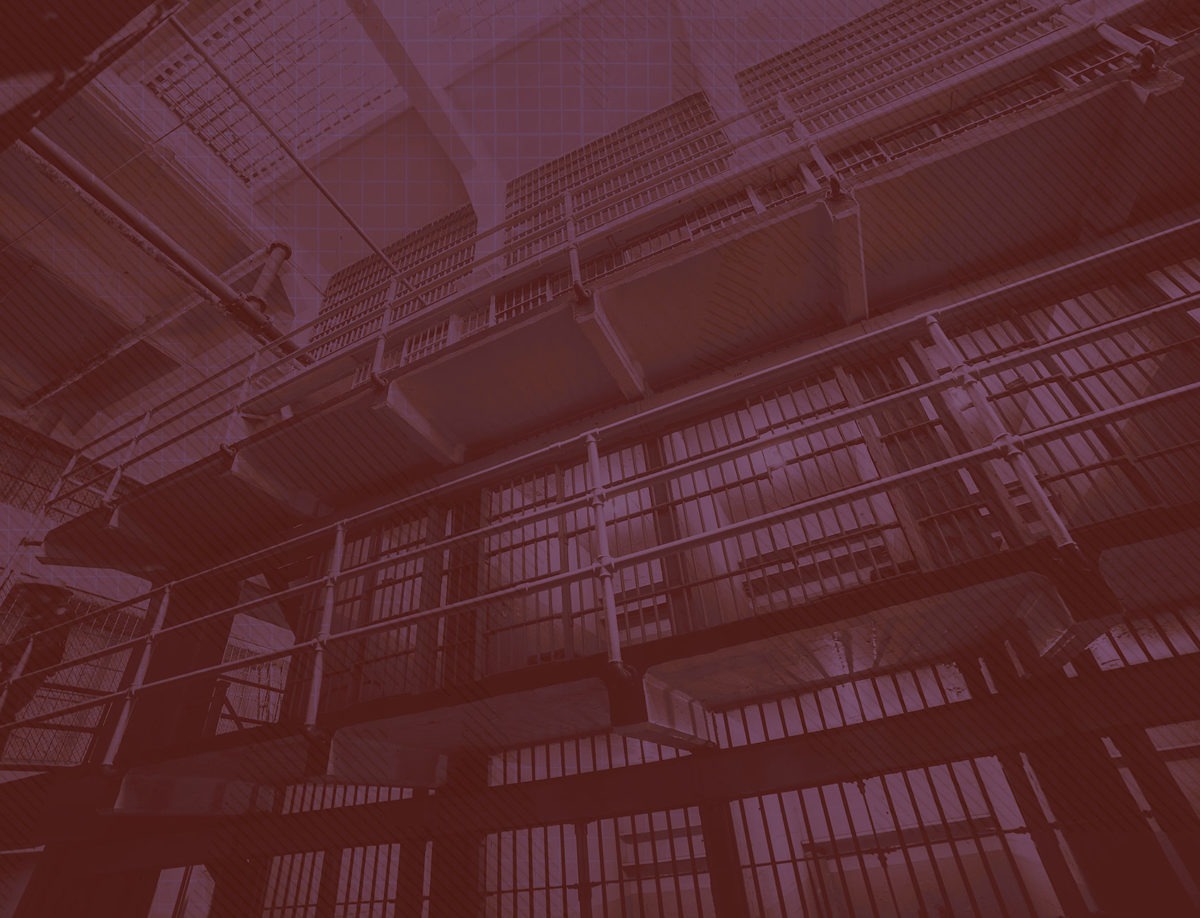
By letting people out now, we can avoid overwhelming our healthcare system with sick prisoners later.
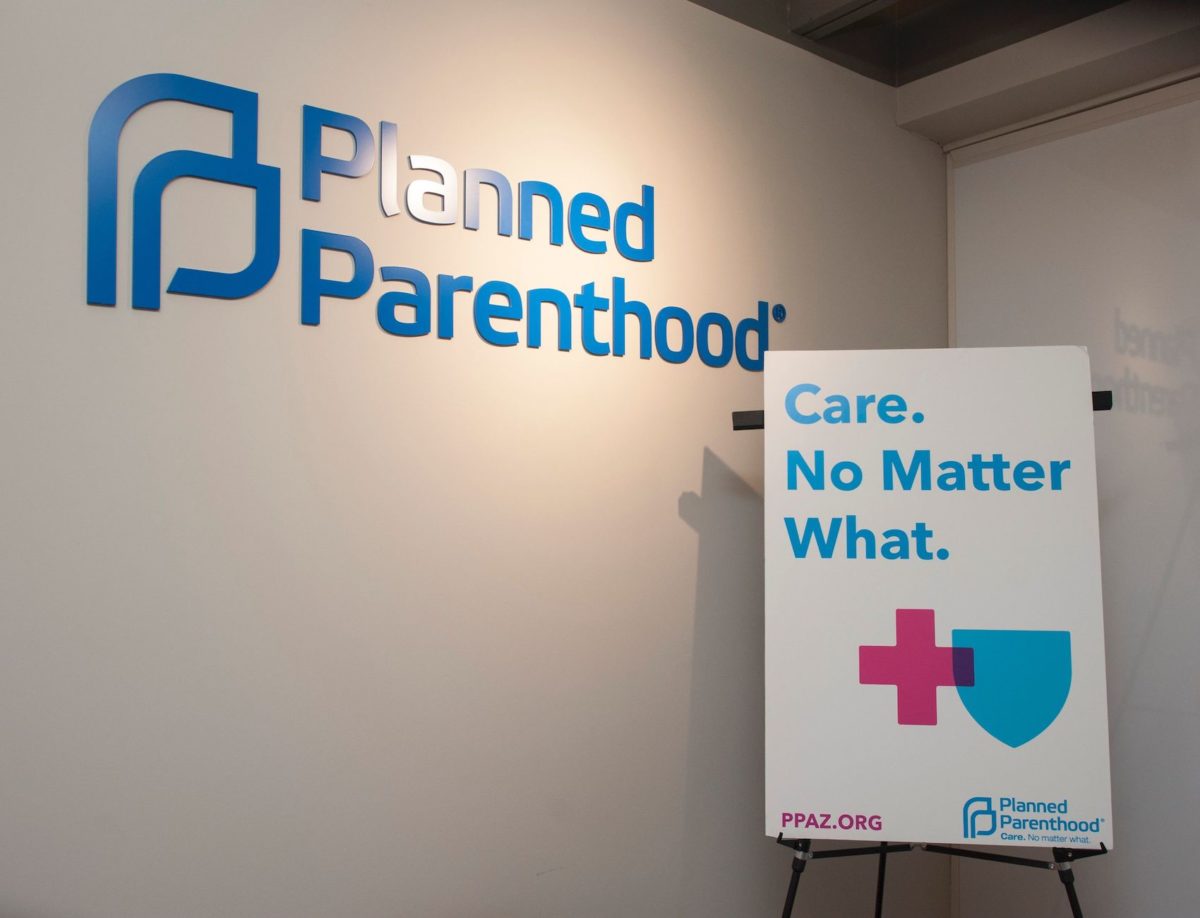
Conservative lawmakers are using emergency measures to restrict access to care.